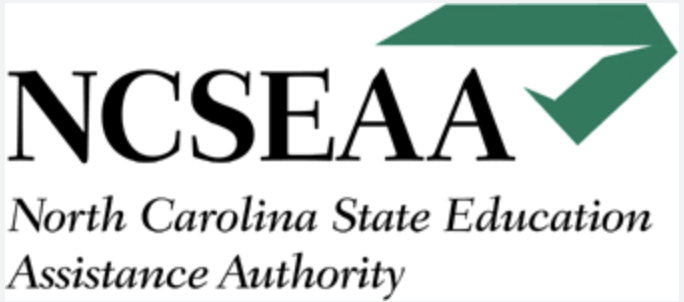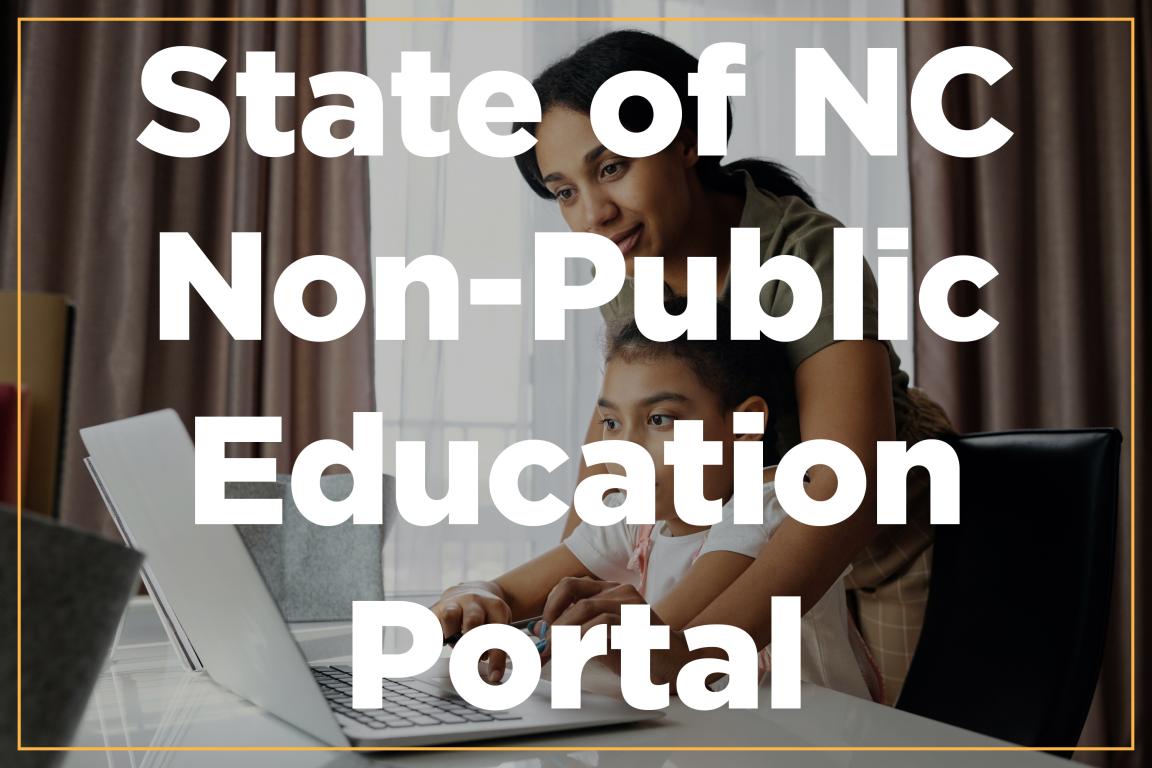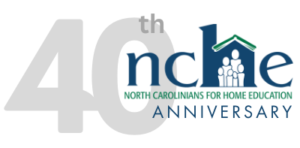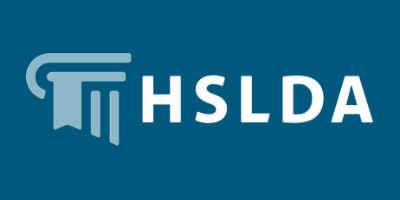North Carolina Homeschool Information
—Homeschool In North Carolina—
Homeschooling in North Carolina

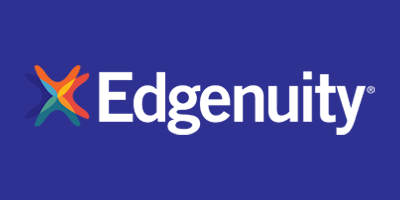


Find Out What the State Says About Home Education
North Carolina Scholarship Assistance
Click above to visit North Carolina Department of Non-Public Education

Homeschool North Carolina Department of Non-Public Education
Click above for Homeschool @ NC Department of Non-Public Education
Homeschool Summary
Here are the key legal requirements for homeschooling in North Carolina:
Definition & Scope
-
A “home school” is defined as a non‑public school consisting of no more than two families/households
-
Parents or guardians from those households set the curriculum, provide instruction, and can bring in tutors or expert-led co‑ops
Parent Qualifications
-
Instructors (parents or others) must have at least a high school diploma or equivalent (e.g., GED)
Notice of Intent
-
Must submit a Notice of Intent (NOI) to the NC Division of Non‑Public Education (DNPE) when starting a home school.
-
Only one NOI per household, valid until you formally close the school
-
Submit at least 5 days before starting, and ONLY between July 1 & April 30 each year
-
File a re‑open notice if you previously closed the school
Calendar & Attendance
-
Must operate on a regular schedule for at least 9 calendar months/year, excluding holidays/vacations
-
Maintain attendance records for each student
Subjects & Curriculum
-
No specific subject mandates; parents have flexibility but are expected to teach the scope and quality similar to public schools (e.g., reading, writing, math, science)
Health & Immunization
-
Keep immunization records or exemption documentation; records must be available upon request
Standardized Testing
-
Administer a nationally standardized achievement test annually covering English grammar, reading, spelling, and math
-
Keep test results on file for at least one year, available for inspection

Record Retention & Oversight
-
Maintain records (attendance, testing, immunizations); DNPE may request them and perform virtual inspections
-
If requirements aren’t met, DNPE notifies the local superintendent that compulsory attendance isn’t satisfied
Closing the Home School
-
Inform DNPE when you stop homeschooling or move out of-state
North Carolina’s K-12 School Choice and Scholarship Programs

4. Homeschooling & Public Funding
-
General homeschooling families do not receive state funding for curriculum, books, or tuition
-
However, homeschoolers with a child eligible for ESA+ (disability) can use the funds for homeschooling expenses .
-
A proposed annual tax credit of $1,000 per homeschooled child (Senate Bill 297) is still pending; not currently law .
North Carolina School Choice
In North Carolina, families have several school choice options—public, charter, private (with vouchers), and homeschool. Here’s a breakdown, including funding opportunities:
🎒 1. Public & Charter Schools
-
Traditional public schools (“neighborhood schools”)—attendance based on where you live.
-
Charter schools—publicly funded, tuition-free, and open to all via lottery. NC has ~184 charter schools serving over 100,000 students
2. Private Schools – Opportunity Scholarship Program (OSP)
-
State-funded vouchers for private school tuition via OSP, administered by NCSEAA
-
Eligibility: K–12 students, no income cap (universal eligibility since 2023) .
-
Award amount: Tiered by income; up to ~$7,000 for low-income, ~$3,000+ for high-income households in 2024–25
-
Money flows directly to private schools—not to parents
-
Projected funding growth: From ~$176M in 2023 to ~$500M+ by 2032–33
3. Special Needs – Education Student Accounts (ESA+)
-
ESA+ provides $9,000–$17,000/year per eligible child (with IEP/diagnosed disability)
-
Flexible use: Private school tuition, homeschool curricula, co-enrollment, therapies, tutoring, tech, etc.
-
Application window: Usually Feb 1–Mar 1 annually
-
Fully managed through ClassWallet, and part-time public/private homeschool is allowed
Homeschool Resources for North Carolina
Information on this page is intended for informational purposes for homeschool families in the specific state. The information supplied does not, nor is it intended to, provide specific legal advice. For specific legal advice, we recommend you consult an attorney. Membership with Homeschool Legal Defense may provide legal information for your situation, but you may prefer a local private attorney to review your situation to provide specific legal advice.

